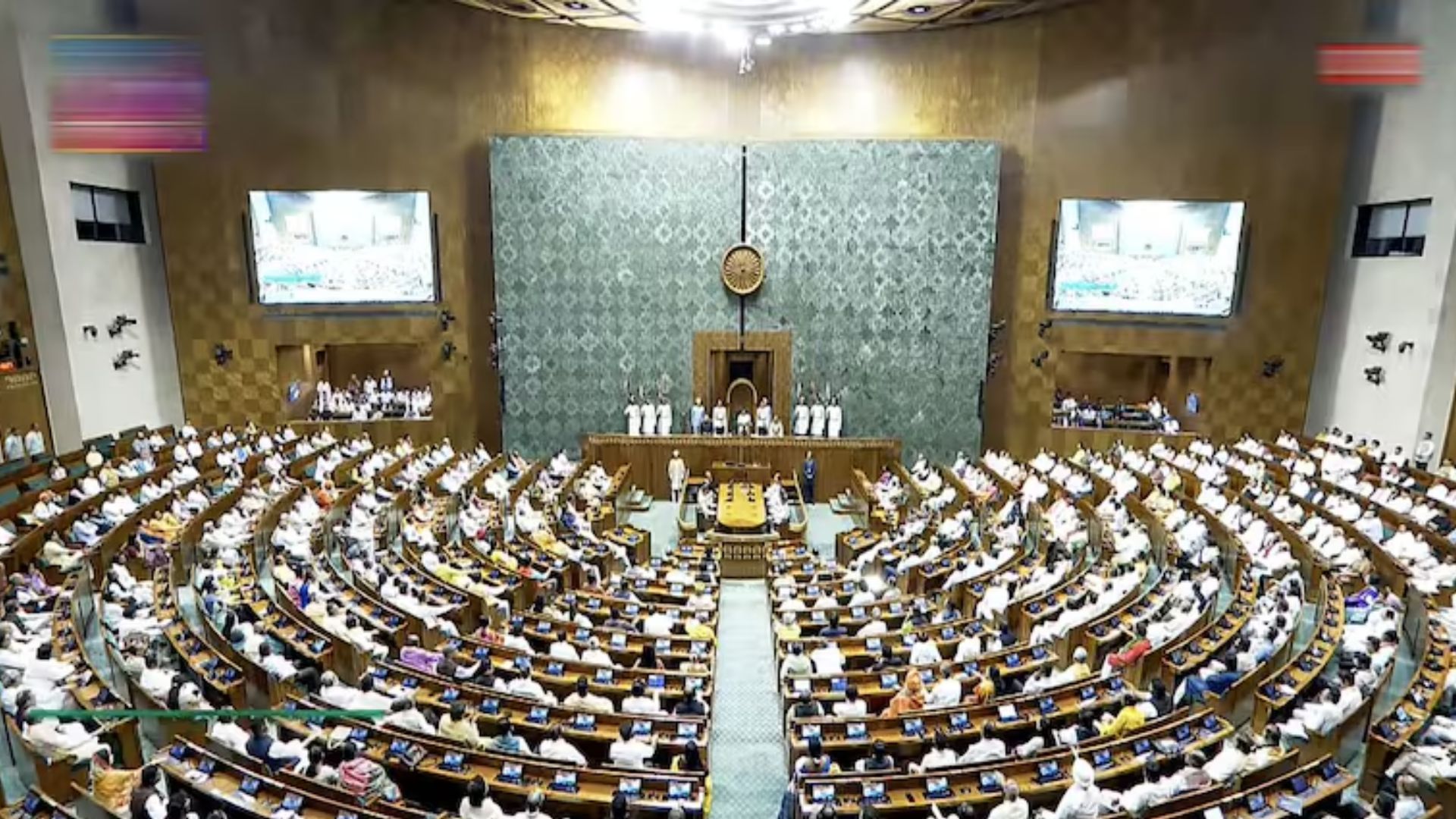The Waqf (Amendment) Bill, 2024, aimed at addressing issues related to the powers of State Waqf Boards, the registration and survey of Waqf properties, and the removal of encroachments, was introduced in the Lok Sabha on Thursday by Minority Affairs Minister Kiren Rijiju.
The bill proposes to amend the Waqf Act, 1995, and rename it the Unified Waqf Management, Empowerment, Efficiency and Development Act, 1995. It seeks to clearly define “waqf” as property held by individuals practicing Islam for at least five years, ensure that Waqf-alal-aulad does not infringe on women’s inheritance rights, and update various provisions for improved management and representation within Waqf institutions.
Opposition parties, including Congress, DMK, NCP, Trinamool Congress, and AIMIM, strongly criticized the bill, arguing that it violates federalism and constitutional principles. They called for the bill’s withdrawal or its referral to a standing committee for further examination.
In response to the opposition’s concerns, Rijiju agreed to refer the bill to a Joint Parliamentary Committee (JPC) for detailed scrutiny. “We are not avoiding any scrutiny. If it needs to go to a committee, I propose that a JPC be formed to discuss it in detail,” he said.
Rijiju also addressed the opposition’s points and noted that the bill is based on recommendations from a panel established during the Congress-led UPA government. Additionally, he introduced the Mussalman Wakf (Repeal) Bill, 2024, which aims to repeal the Mussalman Wakf Act, 1923.
The Waqf (Amendment) Bill includes provisions to establish a separate Board of Auqaf for Boharas and Aghakhanis, ensure broader representation within the Central Waqf Council and State Waqf Boards, and streamline Waqf registration and mutation procedures. It also proposes the omission of certain outdated provisions and reforms to the Tribunal structure.
The government has decided to withdraw the Waqf Properties (Eviction of Unauthorised Occupants) Bill, 2014, previously introduced in the Rajya Sabha under the Congress-led UPA government.







